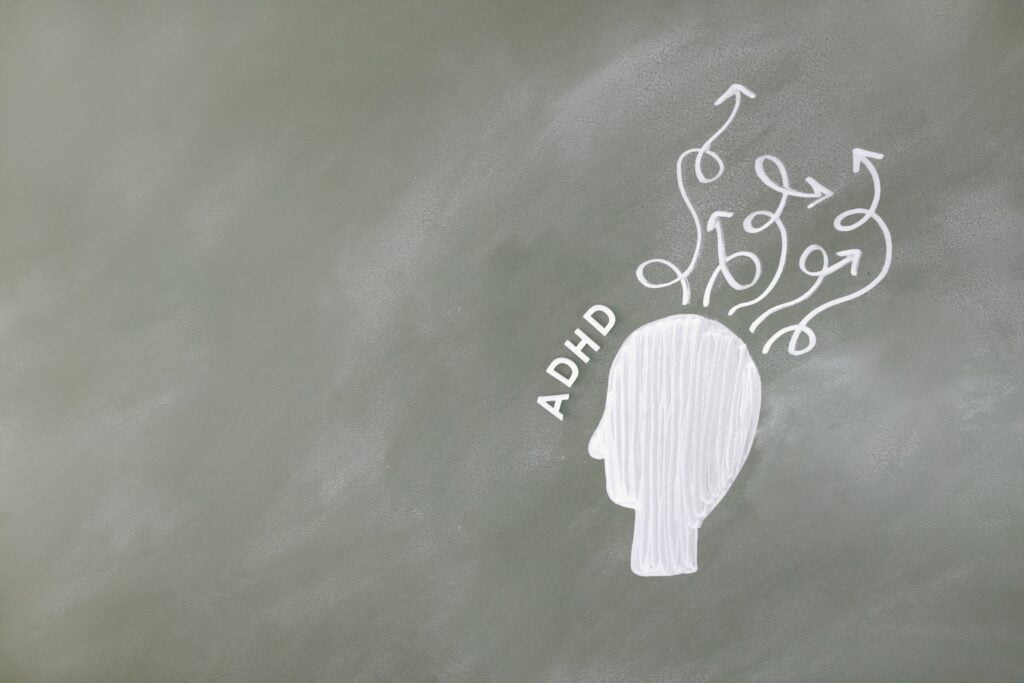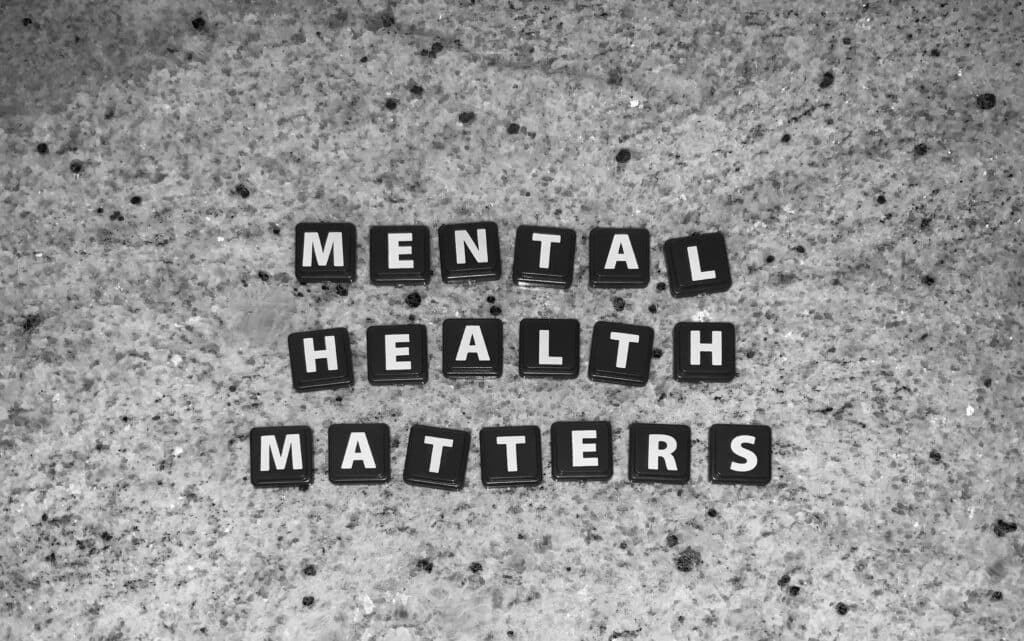Attention Deficit Hyperactivity Disorder (ADHD) is a mental disorder that is characterized by problems with focus, hyperactivity, and impulsiveness. According to a study on USA cases, ADHD is on the rise among kids, with the number of diagnoses increasing by 43% between 2003 and 2011. The study also found that boys are more likely to be diagnosed with ADHD than girls and that the disorder is most commonly diagnosed in children between the ages of 6 and 12.
In Canada, in 2015, it was found that 2.1% of the kids of age 6-11 years old suffer from ADHD. In 2021, a conservative estimate of ADHD was that about 5% of Canadian students suffer from ADHD. So although the population of the two statistics are different, it reasonable to assume that the 6-11 years old age group may represent a large amount of the 5% of the Canadian students. That means that since 2015 the percentage of 6-11 years old kids with ADHD has multiplied several times.
In the coming sections, we will discuss the common questions and pain points of ADHD in kids and adults.
- 1. ADHD diagnoses on the rise: What’s causing the increase?
- 2. ADHD in children: What are the signs and symptoms?
- 3. The challenges of parenting a child with ADHD
- 4. How to help a child with ADHD succeed in school
- 5. ADHD and adults: How does it affect them?
- 6. How to manage adults’ ADHD symptoms
- 7. The impact of ADHD on relationships
- 8. Living with ADHD: What helps?
1. ADHD diagnoses on the rise: What’s causing the increase?
Since 2007, there has been a 71% increase in ADHD diagnoses in Canada. So, what’s causing the increase?
There are several reasons that could account for the rise in ADHD diagnoses. For one, there is a greater awareness and understanding of ADHD among both the public and healthcare professionals. Additionally, there has been a slight change in the definition of ADHD in the DSM-5, which could lead to more people being diagnosed with the condition.
Another possible explanation is that the disorder is being overdiagnosed. This could be due to many factors, such as doctors diagnosing ADHD based on symptoms rather than actual diagnostic criteria, parents pushing for a diagnosis for their children, or people self-diagnosing based on information they’ve read online.
Whatever the reason, it’s important to note that ADHD is a real and serious condition that can significantly impact people’s lives. If you think you or your child may have ADHD, it’s important to get evaluated by a healthcare professional.
2. ADHD in children: What are the signs and symptoms?
This disorder is one of Canada’s most common mental disorders, affecting an estimated three percent of children. It can cause problems in school, at home, and in relationships.
There are three main signs and symptoms: inattention, hyperactivity, and impulsiveness. A child with ADHD may be constantly fidgeting and squirming, have trouble sitting still for more than a few minutes, be unable to focus on tasks, and/or be very impulsive, jumping into things without thinking them through first.
There are also some other signs and symptoms that may be present in a child with ADHD. These can include sleeping problems, difficulty controlling emotions; poor social skills; and problems with self-esteem.
If you think your child may have it, you must speak to your doctor. The doctor can thoroughly assess and determine if ADHD is the correct diagnosis. There is no one-size-fits-all treatment for ADHD, but there are a number of treatments that can help. These include medication, behavioural therapy, and support from educators and family members.
3. The challenges of parenting a child with ADHD
As a parent of a child with ADHD, you likely face many challenges daily. ADHD can affect every area of a child’s life, from schoolwork to their relationships with others. However, many strategies can help you cope with these challenges.
One of the most important things you can do is to create a supportive home environment. This means establishing rules and guidelines that are clear and easy to follow and providing plenty of positive reinforcement when your child follows them. It’s also important to be patient and understanding and to avoid reacting angrily or punitively when your child makes mistakes.

Another key to parenting a child with ADHD is being proactive in their education. Make sure they have a well-structured routine at school and work with their teachers to create a plan that helps them stay on track. You may also want to consider tutoring or other supplemental services to help your child succeed academically.
Finally, it’s important to remember that you’re not alone. There are many other parents out there who are facing the same challenges as you. Many helpful resources are also available, both online and in your community. Don’t be afraid to ask for help when you need it.
4. How to help a child with ADHD succeed in school
If your child has been diagnosed with ADHD, there are a few things you can do to help them succeed in school:
1. Talk to your child’s teacher. Make sure they know your child’s ADHD and what they can do to help them in the classroom.
2. Make sure your child gets enough sleep. A lack of sleep can aggravate the disorder’s symptoms.
3. Help your child stay organized. Make sure they have a place for everything and help them to keep track of their homework and assignments.
4. Encourage your child to participate in extracurricular activities. Activities like sports and music can help affected children focus and stay on task.
5. Make sure your child eats a healthy diet. Foods like sugar and processed foods can aggravate ADHD symptoms.
6. Be patient. It takes time for children with ADHD to learn and process information. Give them time to do their best, and don’t get discouraged if they don’t always meet your expectations.
5. ADHD and adults: How does it affect them?
Although (ADHD) is a mental disorder that is most commonly diagnosed in children, it is also possible for adults to be diagnosed with it. The disorder can affect adults in several different ways, depending on the individual. Some common symptoms in adults include difficulty focusing and paying attention, difficulty controlling impulses, and difficulty sitting still for extended periods of time.
ADHD can have a significant impact on an individual’s life. For example, adults may find it difficult to maintain a job or stay in school. They may also have problems with relationships and experience difficulties managing money. However, with proper treatment, many affected adults can lead successful lives.
6. How to manage adults’ ADHD symptoms
There is no one-size-fits-all answer to managing ADHD symptoms, but here are some tips (somehow similar to the kids’ tips to deal with ADHD) that might help:
1. Make a routine and stick to it. People with ADHD often find it helpful to have a daily routine. This can help them stay organized and focused.
2. Find a way to calm down. When people with ADHD start to feel overwhelmed or stressed, they may find it helpful to do some deep breathing exercises or listen to calming music.
3. Exercise regularly. Exercise is not only good for your physical health, but it can also help improve your mental health. People with ADHD often find that exercise helps them focus and stay calm.
4. Get enough sleep. People with ADHD often have trouble sleeping, but getting enough rest is important to manage your symptoms effectively.
5. Seek help if needed. If you struggle to manage your ADHD symptoms on your own, seeking professional help may be helpful. A therapist or counsellor can teach you strategies for managing your ADHD and helping you live a more productive life.
7. The impact of ADHD on relationships
In any relationship, there are challenges. But when one partner has ADHD, these challenges can be amplified. ADHD can affect how people communicate, interact, and relate to one another.
People with ADHD may have trouble paying attention and listening to their partners. They may be more impulsive and act without thinking. This can lead to misunderstandings and conflict.
People with ADHD may also have trouble regulating their emotions. This can cause them to have outbursts or become defensive easily.
All of these challenges can put a strain on any relationship. But with patience, understanding, and communication, these challenges can be overcome.
8. Living with ADHD: What helps?
There are a variety of medications available to treat ADHD. Based on a physician’s prescription, the patient could be on treatment including either Biphentin, Concerta, Foquest, or Vyvanse, or a combination of them.
However, many people with ADHD find that the standard medications do not work well for them. In some cases, people find that the side effects of the standard medications are too severe. In other cases, people find that the standard medications do not work long-term.
Compounded medications may be a good option for people who have difficulty with standard medications. Compounded medications are medications that are customized to meet the specific needs of the individual. Those medications can be made with various ingredients, depending on the individual’s needs.
There are several compounding pharmacies in Calgary that can help with customized ADHD medications. If you are interested in exploring compounded medications as a treatment for ADHD, please talk to your doctor.
Thanks for reading this blog post. If you like it, please share it using the buttons below with your friends, family, and colleagues.



